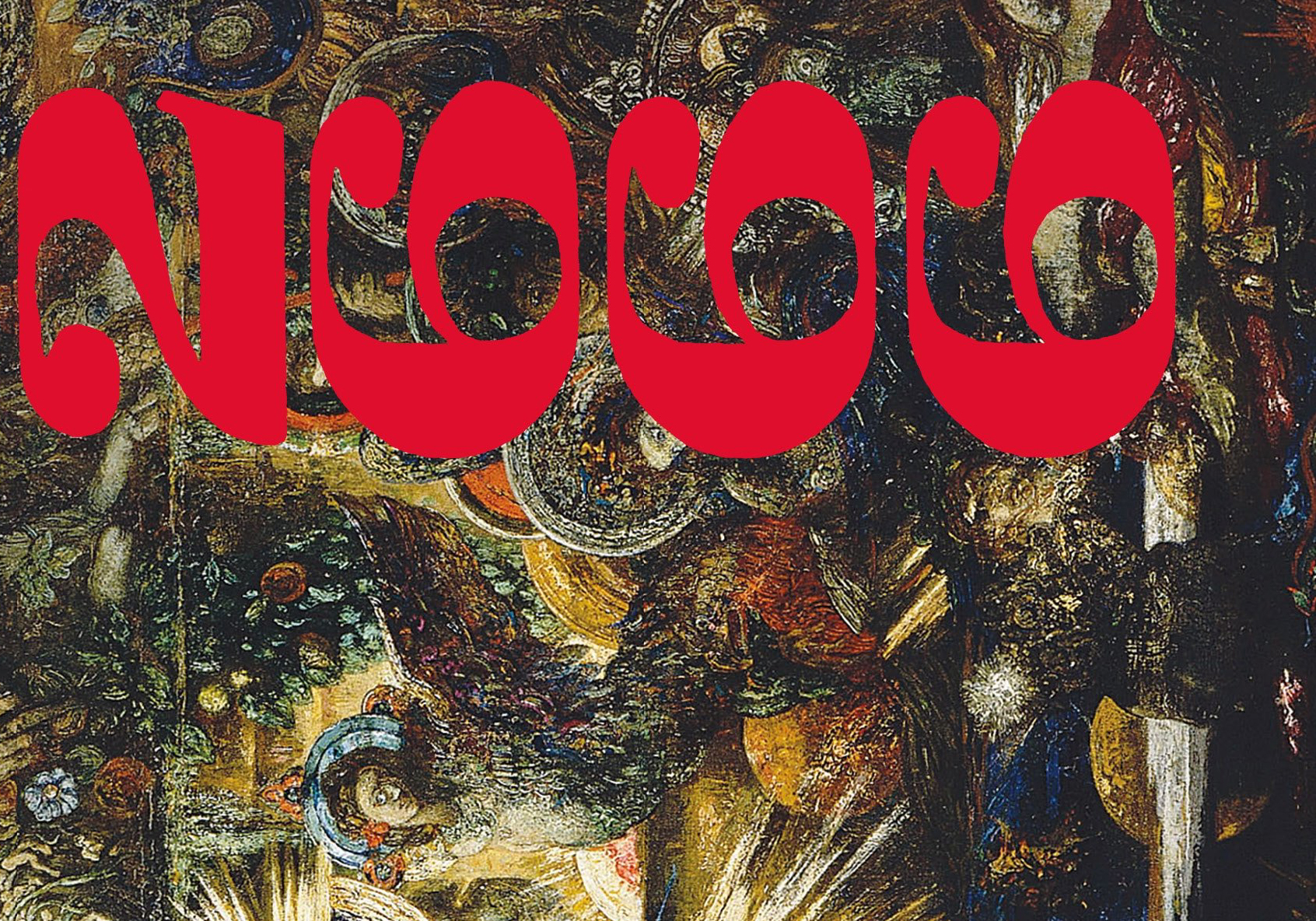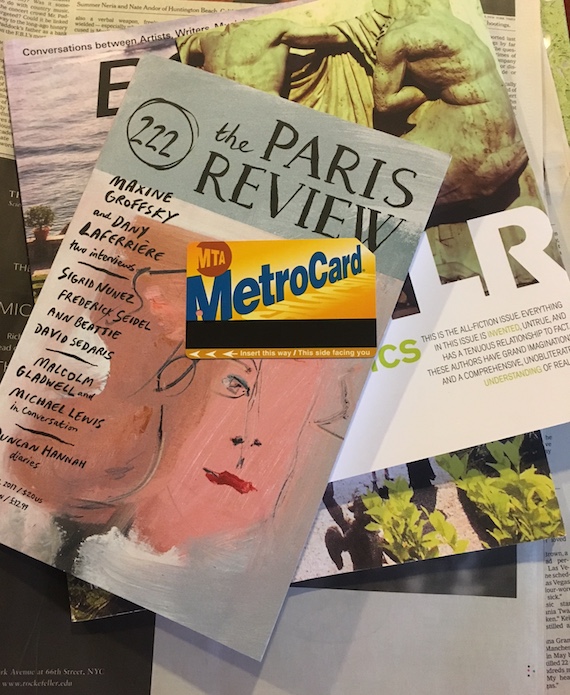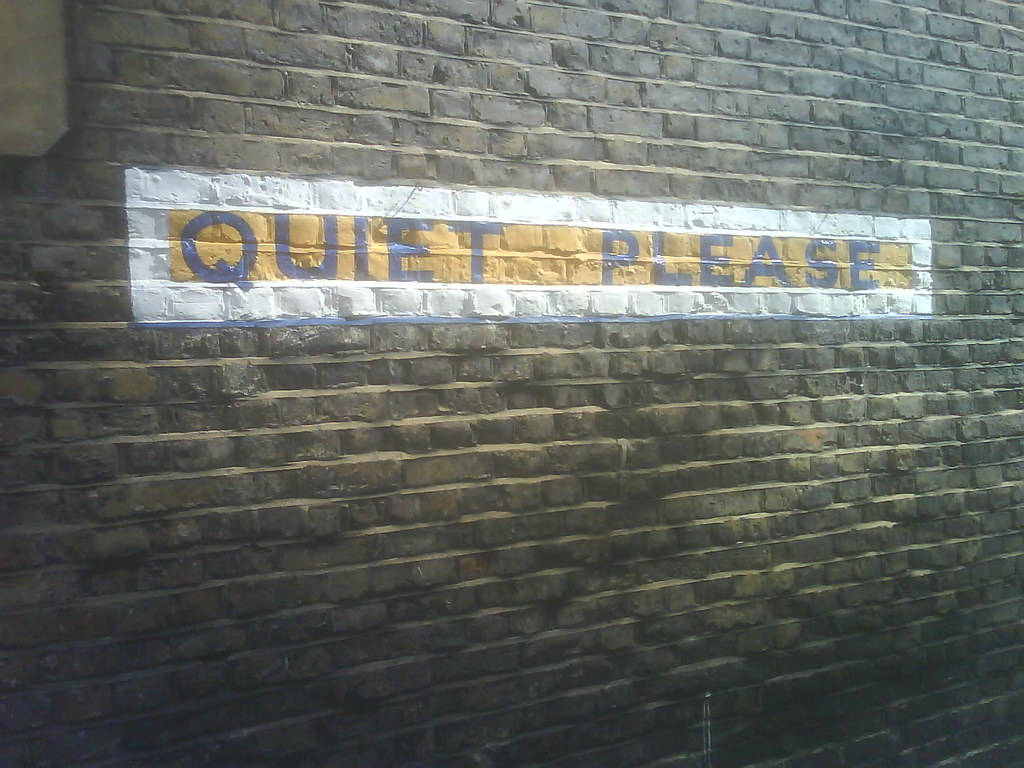
WHEREAS…
- It is a cliché of the creative writing workshop to discourage a writer’s use of cliché; and
- It is a cliché of the creative writing workshop to say that clichés are too familiar and therefore ineffective; and
- The first time we heard this cliché against clichés it was a revelation, but with each successive repetition the cliché against clichés became increasingly faded and opaque, i.e., clichéd:
- a comforting logical fabric (“I’ll say the thing about clichés!”) to throw over a gap where uncertainty lay;
- a stand-in for new and difficult thinking
- because you’d have to remember all the way back to the first time you heard this cliché against clichés to actually see, once again, that clichés are ineffective because they prevent you from seeing;
- but also an efficient shorthand,
- one soothing for its familiarity,
- and in its familiarity suggestive of rightness,
- and in its rightness suggestive of belonging: to the community of those who’ve been through writing workshops and so have been inducted into the Army Against Clichés,
- which is also an Army Against Genre Fiction and Commercial Fiction and Popular Nonfiction, all of which are what they are (beloved, commercially viable, popular) because they return dependably to clichés of storytelling invented and real; and
- which may itself be an Army Against the Teeming Masses, who buy mass-produced books for the soothingly familiar stories inside; and
- which is therefore an Army of Elitism, reproducing clichés of class; but
- which may also be an Army Against Itself; and
WHEREAS…
- Every word of our language is a cliché, so familiar as to be efficiently, effortlessly understood; and
- We cling to these clichés (of language, of description, of workshop) for their ease and also for their familiarity, which suggests rightness, which suggests belonging; and
- Cliché, here, may refer to a bevy of workshop clichés, including:
- clichés of praise (this is effective, is working, is strong, great, fantastic, amazing, well done), which stand in for consideration of what these terms mean;
- clichés of condescension (this isn’t working, is ineffective, weak, less well-done), which cover over uncertainty about what these terms mean;
- clichés of response and suggestion (too heavy-handed, sentimental, familiar; more subtle, restrained, fresh), which assume there is a single aesthetic community to which we all belong; and
- other such meaningless pandering and avoidance of considerate thought, tics that are contagious because we reach for agreement because we reach for belonging because the truth that there is no rightness is so damn maddening;
THEREFORE, BE IT RESOLVED…
- That we will use the cliché against clichés against itself, at once ratifying and refusing its meaning:
- abstaining, in our conversations about new writing, from using workshop shorthand, i.e., from not thinking;
- abstaining from agreeing with each other too much, i.e., from group-think;
- granting that, in the process, we will create new clichés; and
- trusting that we will question and thereby destabilize these clichés along the way.
Image Credit: Flickr/Tom Newby Photography.







